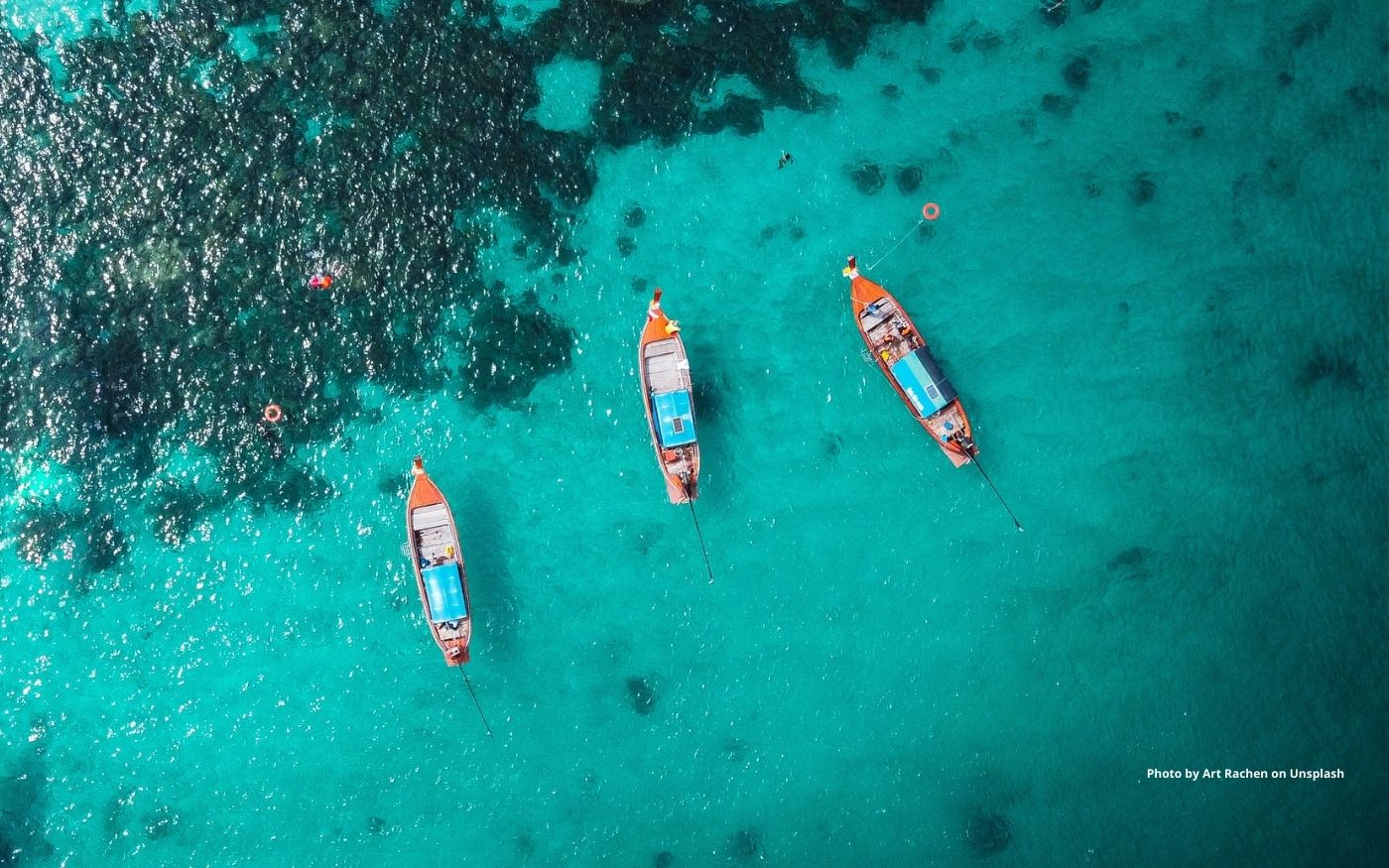Research by: Fernando Martin Y. Roxas, John Paolo R. Rivera, & Eylla Laire M. Gutierrez
Executive Summary
Tourism planning and development has revolved around sustainability concepts and issues. Addressing concerns on sustainability, environmental conservation, and local community involvement has become increasingly challenging. Success in developing sustainable destinations has been deemed to be a function and result of effective governance. However, tourism governance remains indistinct on the questions of how tourism stakeholders interact and how this interaction can be beneficial in achieving sustainability. In achieving SDG17, which calls for engaging multiple stakeholders, it is important to tackle the value of stakeholder participation in governing tourism destinations. While there are frameworks identifying the stakeholders and their roles and relationships as individual actors in the tourism industry, it is necessary to expand the discourse towards underscoring interaction among other stakeholders and incorporating the role of tourists. Thus, one of our contributions is an inclusive and holistic examination of the relationship between tourism stakeholders, tourists, and sustainability. While it is important to analyze the role and interaction of various stakeholders, it is also fundamental to scrutinize the importance of tourists in advancing sustainable tourism. Few studies have touched on tourists’ roles and contributions to sustainability. Beyond knowing stakeholder preferences, it is also vital to cognize how stakeholders can pursue sustainability individually and collectively.
By appealing to the fundamental principles and practices of sustainability and how stakeholder involvement and participation are fused into sustainable tourism development, we develop a 5-point tourism stakeholder framework that will explain how tourism stakeholders can harness their roles and collaborative advantages in governing destinations through regulation, conservation, and livelihood. We pose this two-pronged research question: how do the roles and relationships among tourism stakeholders adjust when they interact with each other; and how can these interactions be beneficial in pursuing sustainable tourism? Addressing these is hinged on the need for seamless stakeholder interaction and cooperation from the demand and supply side. In addressing our research question, we set the following objectives: to review existing frameworks on stakeholder interactions in the tourism industry; to operationalize the concept of sustainable tourism by mapping the roles and synergies of stakeholders in governing tourism destinations; and to propose an augmented stakeholder framework that will explicate how tourism stakeholders can establish synergies and harness their respective roles and collaborative advantages in governing destinations.
Our study contributes the following: on knowledge component, we contribute to literature on sustainable tourism by augmenting existing frameworks through emphasis on interaction and synergies among tourism stakeholders in governing destinations. This is relevant because to foster stakeholder interaction and synergies, governance arrangements have to be identified as these affect the processes by which synergies are activated or inhibited. Similarly, since governance, as a conceptual frame, is not typical in tourism literature, we explore this construct using a holistic approach that treats social and ecological components collectively (i.e., social-ecological systems framework). As such, we understand the interactions among tourism stakeholders; and we augment our cognizance of governance processes that could facilitate SDG17. On policy component, our framework can assist authorities and concerned stakeholders in implementing effective governance mechanisms in pursuing sustainable tourism. Findings will have propositions on how tourism stakeholders can advance pursuit of sustainable tourism
To cite this article: Roxas, F. M. Y., Rivera, J. P. R., & Gutierrez, E. L. M. (2020). Mapping stakeholders’ roles in governing sustainable tourism destinations. Journal of Hospitality and Tourism Management, 45, 387-398. https://doi.org/10.1016/j.jhtm.2020.09.005.
To access this article: https://doi.org/10.1016/j.jhtm.2020.09.005
About the Journal
Journal of Hospitality and Tourism Management is the official journal of CAUTHE (Council for Australasian Tourism and Hospitality Education Inc.) The journal is committed to a broad range of topics including tourism and travel management, leisure and recreation studies and the emerging field of event management. It contains both theoretical and applied research papers, and encourages the submission of the results of collaborative research undertaken between academia and industry.
SJR: 28 | ABS: 1





